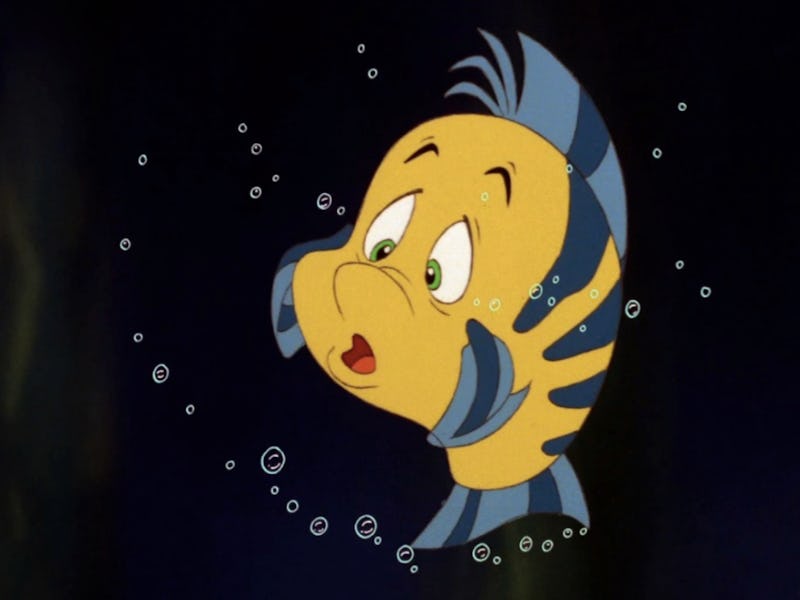Some Guppies Are Braver Than Others: Study Reveals Fish Personalities
They're all a little different.

A new study has shown that some fish have more complex personalities than was previously thought. Scientists at the University of Exeter studying the behavior of Trinidadian guppies discovered that when placed under stressful conditions, guppies reacted in a variety of ways that were surprisingly individualistic.
Usually a simple spectrum is used to measure how risk-averse or risk-prone the behavior of a species like the guppy can be, but researchers say the multitude of ways that guppies reacted to stress were too complicated to use this common approach.
The study was published Sunday in the journal Functional Ecology. Researchers placed Trinidadian guppies into different stressful situations, transferring them to an unfamiliar tank, or adding predatory animals like birds or other fish to their environment.
“When placed into an unfamiliar environment, we found guppies have various strategies for coping with this stressful situation,” says Dr. Tom Houslay of the Centre for Ecology and Conservation at the University of Exeter. “Many attempt to hide, others try to escape, some explore cautiously, and so on.”
Houslay says that the differences between individual guppies even remained consistent over time, despite different situations. “So, while the behaviour of all the guppies changed depending on the situation — for example, all becoming more cautious in more stressful situations — the relative differences between individuals remained intact,” he says.
Researchers say the next step will be to study how much genetics are influencing personality and associated traits. “The goal is really gaining insight into evolutionary processes, how different behavioural strategies might persist as species evolve,” says Professor Alastair Wilson, another researcher at the University of Exeter.
So while fish may or may not actually feel pain, they do have their own distinct ways of being. Try not to stress them out.
3D printed coral could help save barrier reefs. Check out this video to find out how.